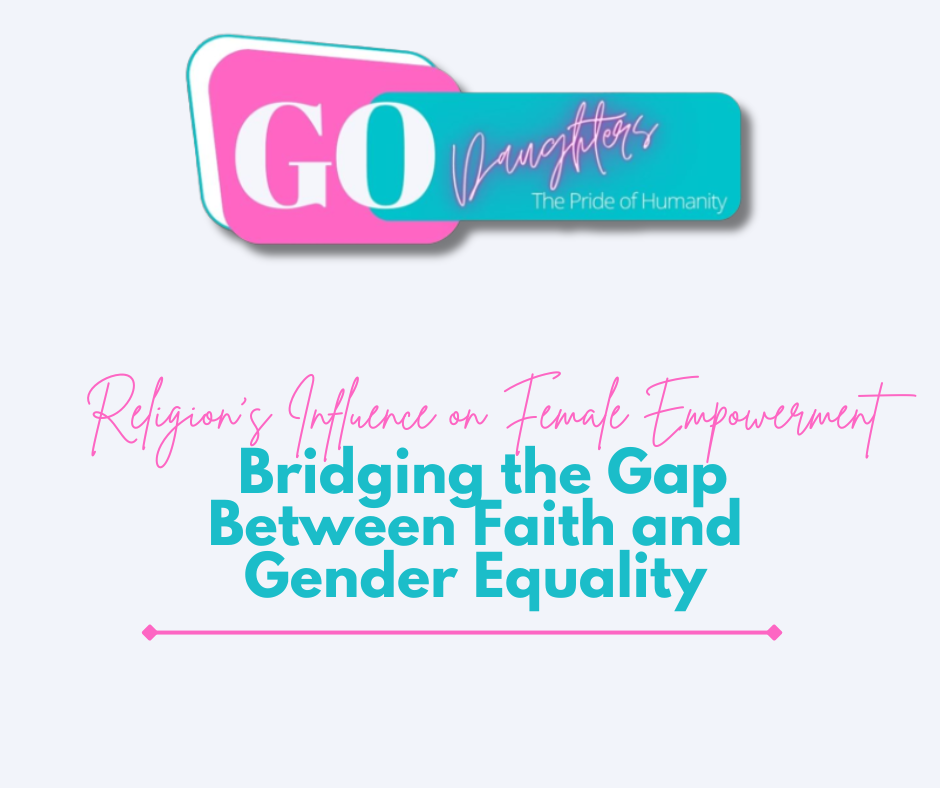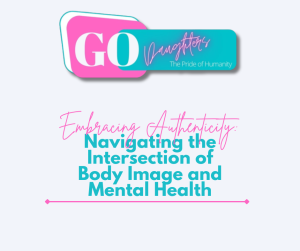
Religion has played a significant role in shaping societies and cultures around the world for centuries. It has been both a source of comfort and a catalyst for change, and its impact on gender dynamics cannot be overlooked. While some argue that religion has been a barrier to female empowerment, it is important to acknowledge that many religious beliefs and practices have also provided avenues for women to gain strength, agency, and influence within their communities. This article explores the complex relationship between religion and female empowerment, highlighting the potential for religious teachings to foster gender equality and women’s empowerment.
Historical Context: Throughout history, women’s roles within religious contexts have varied greatly. In some instances, religious texts and traditional interpretations have reinforced patriarchal norms and limited women’s agency. However, it is essential to recognize that many religious traditions also contain empowering narratives and examples of strong women who have played influential roles. For instance, biblical figures like Esther, Mary, and Deborah have served as symbols of courage, leadership, and resilience.
Religious Spaces as Catalysts for Empowerment: Religious institutions, such as churches, temples, mosques, and synagogues, can provide spaces for women to connect, share experiences, and challenge societal norms. Many religious communities have embraced social justice causes and gender equality movements, recognizing the importance of empowering women. Progressive religious’ leaders have used their platforms to advocate for women’s rights and challenge oppressive interpretations of religious texts.
Education and Spiritual Growth: Religious education has been instrumental in empowering women within their faith communities. By providing women with access to knowledge and theological training, religious institutions can help them develop a deeper understanding of their faith and challenge discriminatory practices. Education can foster critical thinking and empower women to question cultural traditions that may impede their progress. It also equips them with the tools to reinterpret religious texts in a way that promotes gender equality.
Inclusive Interpretations: Religious texts often form the foundation of religious beliefs and practices. However, these texts are subject to interpretation, and different religious communities can interpret them in ways that are inclusive and empowering for women. By reexamining and reinterpreting sacred texts, religious scholars and activists have highlighted alternative perspectives that challenge the notion of female subordination. Such reinterpretations have paved the way for more egalitarian religious practices that promote gender equality.
Faith-Based Activism: Religious beliefs have frequently fueled social and political movements, including those advocating for women’s rights. Faith-based activism has been a driving force behind campaigns for gender equality, reproductive rights, and an end to gender-based violence. Religious leaders and grassroots organizations have utilized the moral authority of their faith to challenge oppressive practices, promote dialogue, and inspire change. The synergy between religious values and gender equality has resulted in powerful alliances that have contributed to female empowerment globally.
Conclusion: While religion has sometimes been used to justify and perpetuate gender inequality, it is essential to recognize that it can also be a catalyst for female empowerment. By challenging oppressive interpretations, fostering education, and promoting inclusive practices, religious institutions and individuals can play a pivotal role in advancing women’s rights. As societies strive for gender equality, engaging with religious communities and promoting dialogue can create opportunities to bridge the gap between faith and women’s empowerment. By embracing progressive interpretations and harnessing the power of faith, we can foster a more inclusive and equitable world for women, where religious teachings become a source of strength, inspiration, and empowerment.




